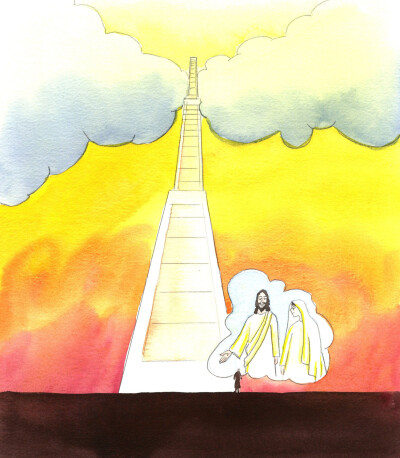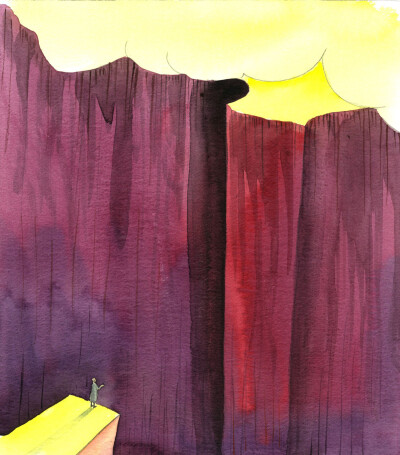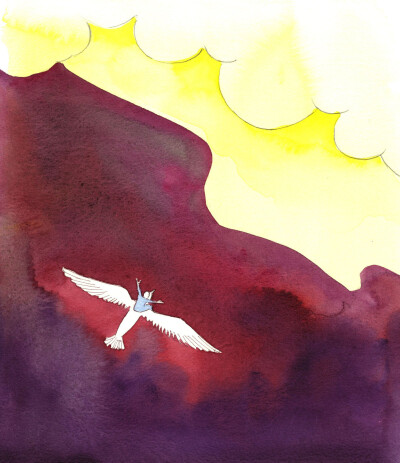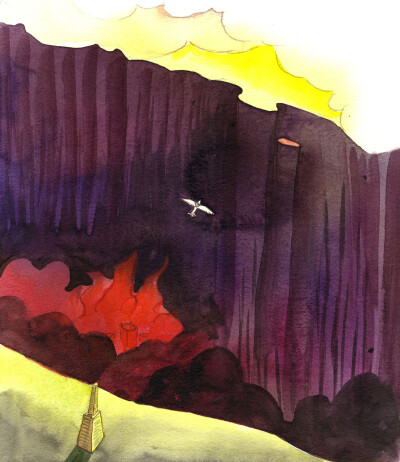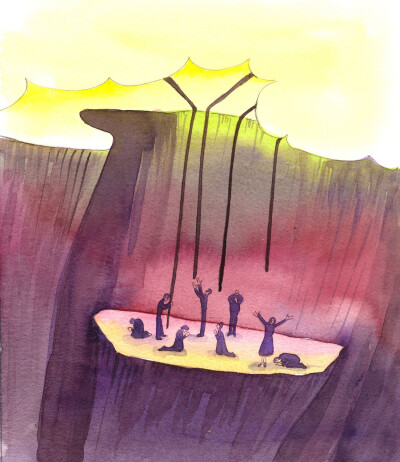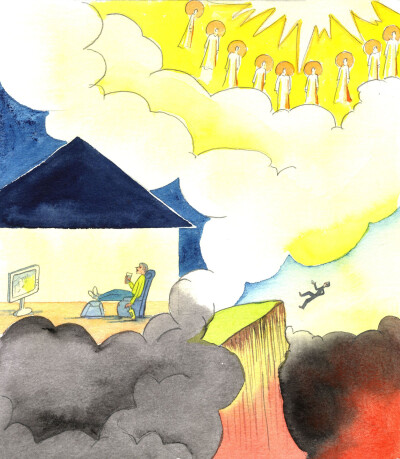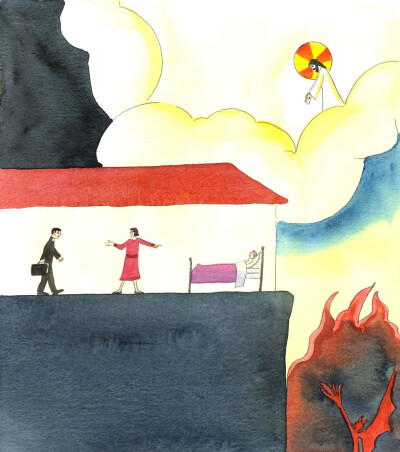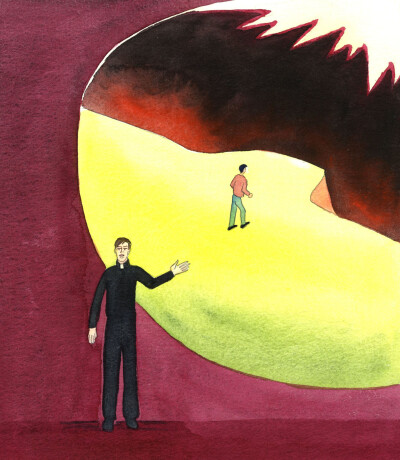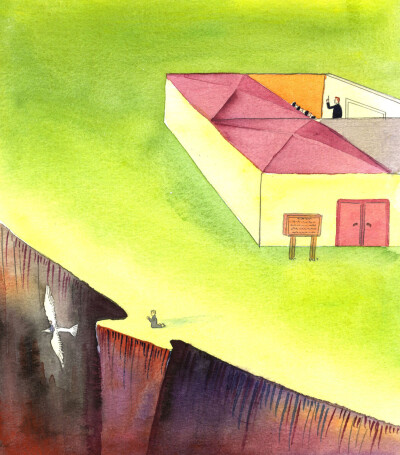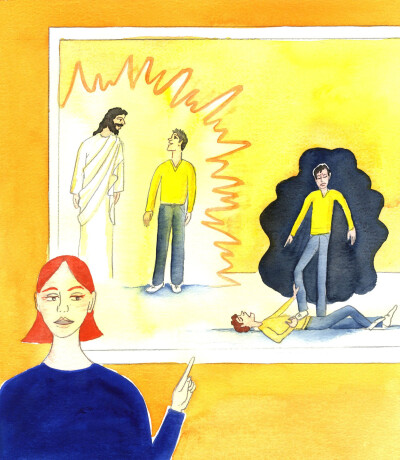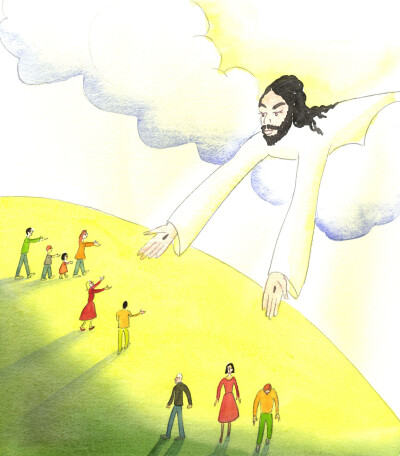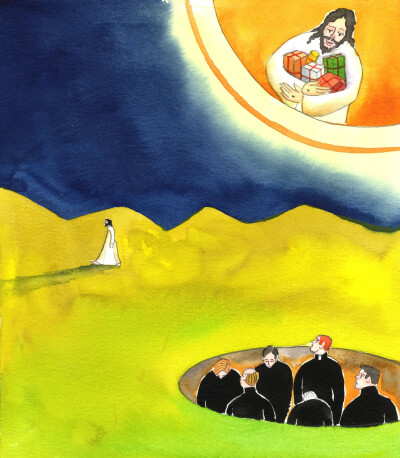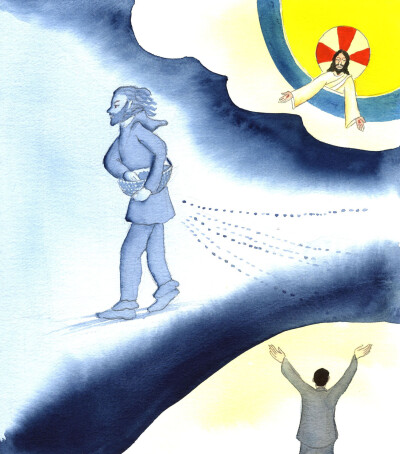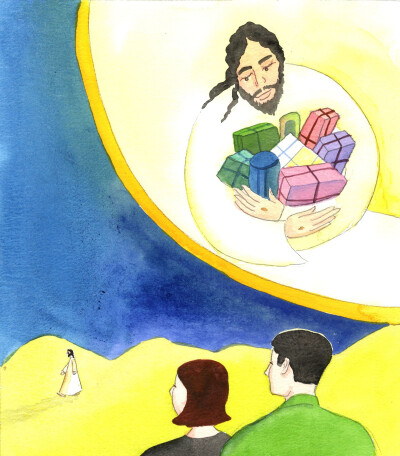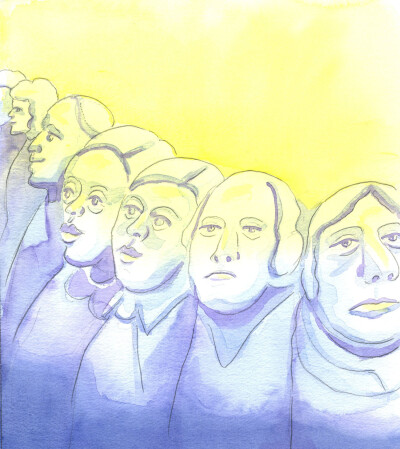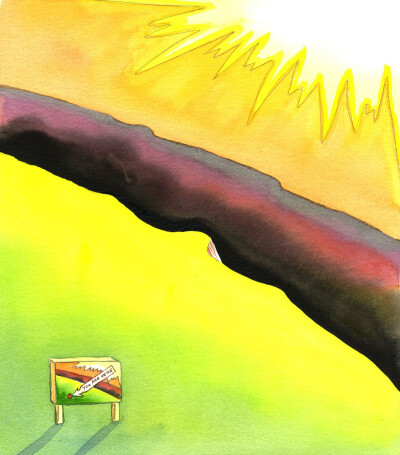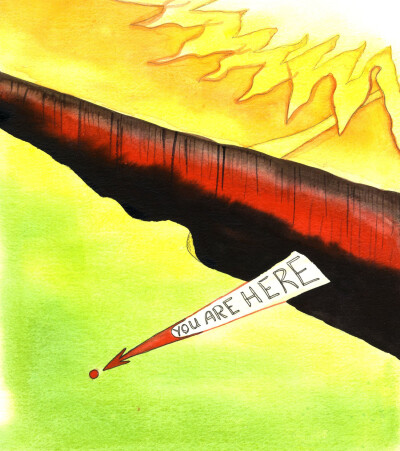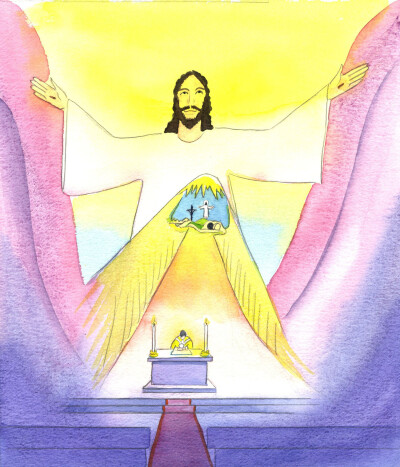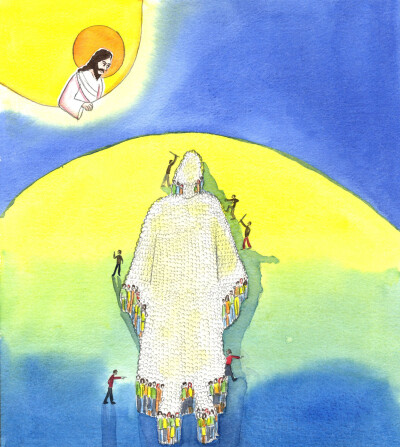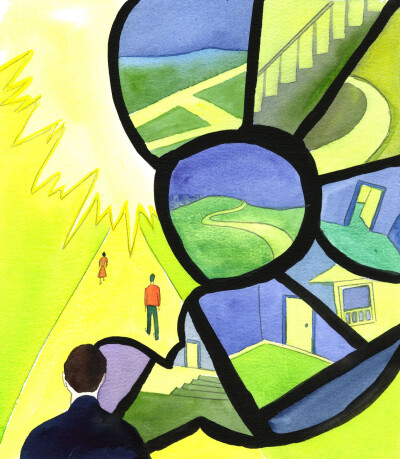Search Page
Showing 1781 - 1800 of 2286
The ancient tower of Babel fell, because of the pride of its builder. But we have a tower which reaches to Heaven, so that our prayers can reach the Father, every time we pray. It is the Sinless Son of God, in Whose name we pray, who makes possible our climb up to the Father in prayer - as well as the holy Mother He kept sinless, who helps us by her intercessions.
To pray sincere prayers in the name of Jesus is like being lifted to the top of a high tower, to be poised at the edge of a great abyss, yet confident that the Holy Spirit will carry our prayer to the unseen Father of Light. It is the same Holy Spirit Who carries a soul across the Abyss at death. Woe to those who do not possess the Spirit! We must never drive Him out, but repent like little children, confident of finding forgiveness, and new hope.
It is the Holy Spirit, Who lives in the hearts of faithful followers of Christ, Who carries departed souls across the Abyss which separates Heaven and earth, towards Heaven; hence the importance of our never driving out the Holy Spirit, by mortal sin.
It is the Holy Spirit Who carries the souls of faithful people, when they have died, across the Abyss which separates earth from Heaven. By our intercessions, in the power of Christ, we can help others to remain faithful until death and so to fly across the Abyss, far above Satan's kingdom, to fly swiftly into the glory of Heaven or to rest for a while, as if on a little ledge, hidden below the glory, which represents Purgatory - where souls are purified and made worthy of Heaven.
It is as if the Holy Souls are undergoing purification by reflecting, just below Heaven, within sight of the Abyss that leads to Hell, how good God is, who has rescued them from sin and disaster. They are helped by our prayers - and by the prayers of the Saints, which are like lifelines: long ropes let down from Heaven, so that the Holy Souls can be pulled up to glory.
In speaking about God the Father, some people say that God is cruel, to allow people to fall into Hell. The truth is, in His goodness, He invites everyone to respond to His love, to grow in union with Him, though Jesus Christ His Son, and to do good and prepare for the gift of Heaven. But how can anyone expect to be saved, who will not do what is essential, in preparation for such a privilege and gift? How can anyone benefit from Christ's work, who refuses to do as Christ asks: to pray, to obey His commands, and to love Him as well as our neighbour?
We must never forget how powerful are the sacraments. Death is the 'cut-off' point: the moment in which we lose our ability to decide for God, or against Him. There are few death-bed conversions. Usually, as people live, so they die, either loving God or focussed upon their own desires. This is all the more reason for asking a priest to anoint a sick or dying person. Christ, through this holy sacrament, can free from sin someone who was about to fall into Hell.
We should all be aware that actions have consequences. Everyone deserves to be reminded of these truths: Life ends. There is either Heaven or Hell, in the end, for each of us. That is what every priest and Bishop should say, when he is asked to speak about salvation - even to children. Like adults, children who have reached the age of reason should be encouraged to recognise right and wrong actions, and to form their consciences in accordance with the teaching of the Church.
There is no need to show children pictures of the flames of Hell, or demons; but they do need to be told about the consequences of our lives: that, at death, each person goes towards Heaven or Hell, and that Hell is truly terrible. If these truths are left out, how can children learn the truth about God's justice, and mercy - or about free-will, by which we can choose what to do, but must face the consequences if we walk away from God, and His love, joy and peace?
Children deserve to be told the truth about sin, and not be helped to avoid all subjects which might make some reflect with shame on their own behaviour. Children need to be taught the truth about living in a state of grace, with sins forgiven; and they need to know that it is possible to die a sort of spiritual death, through mortal sin. They should be encouraged to do all they can to please the Blessed Trinity, and to live as true 'children of God'.
It is tragic that people think that God is cruel, to allow people to go to Hell. He is reaching out, all the time, to save us from the consequences of our sins, warning us of the total loss of joy and peace when people freely choose to try to live without His love. He even sent His Son to earth, as man, to speak to us, and to plead with us to repent, and lead holy lives in union with Him, in preparation for Heaven. He sacrificed His life for this - but still, many people walk away.
God looks down from Heaven, ready to distribute lavish gifts upon us, yet sees many dispirited priests who are too afraid to teach the Faith in its fullness; thus they are unwilling to imitate their Saviour and risk criticism from those they teach; and so they omit to mention the wrongness of adultery, contraceptive use, desertion of spouses, and neglect of children by mothers, and much more. In failing to rescue people from sin they fail in their duty, as if hiding away in a pit, hoping to be unnoticed.
When difficult things are asked of us, which form parts of our duty in following our vocations, we should turn to God in Heaven, and ask for the qualities or virtues we lack. He is so generous that we should picture Him not as a miser who might be persuaded to give an occasional gift but as a farmer who scatters seed-grain lavishly, confident of a good crop.
Whether we are single or married, called to the lay state, or single and called to Priesthood or the Religious Life, we are invited by God to have firm faith in His power to help us. It's as if He has arms full of gifts such as courage, hope, greater faith, and love and humility. If we ask for them, He will lavish them upon us, so that we can be good and obedient like Christ.
We cannot be certain who has gone to Heaven; however, we must never be sad that holy people we have known who seem to be forgetful in old age, or who seem to be forgotten after death, are indeed forgotten. Each one is as if carved on the Mind of God, and honoured for a holy life, as well as being honoured in Heaven, with the other Saints, canonised and uncanonised.
Christ wants everyone to be reminded that life ends. By our choices and actions today we are choosing to move towards Heaven or Hell. Either we are good children of God who will be confident that the Holy Spirit will carry them to Heaven when they die, or we are in danger of falling into the Abyss, to join the demons in Hell, by our own fault. Christ wants each person to think about this question: "What are you doing with your life?"
We should use the time well, doing good, and preparing for Heaven. At the end of earthly life, each of us will be on our way towards Heaven - carried by the Holy Spirit across the Abyss, even if we then pause in Purgatory - or on our way into Hell, in the depths of the Abyss. Our freely-made choices in this life affect our destiny. God is asking each of us: "What are you doing with your life?"
Some people wonder how we can believe that the Mass is a Sacrifice. At every Mass, by Divine power, Jesus Christ is made truly Present, under the appearance of bread and wine. He is God as well as man; and in being with Him now, we are also present to the events of His earthly life which - because He is God - always remain powerful and significant, including His Passion and Death. At Mass, those events are made effective for our salvation, through our union with Christ and His Church.
The Church is the Mystical Body of Christ. Just as we help the whole Church by our good deeds, thoughts and prayers, we harm the Church by our sins and failings. Even when Catholics call themselves people of 'loyal dissent', they harm the Body of Christ by their disobedience, their disbelief in Christ's teachings, given through the Church, and their lack of charity as they attack the Church and help to undermine the Faith of those who do believe. Christ looks on, as His own children hurt Him.
This is a picture of a mind, as someone wonders if he can avoid a moral obligation. Although we can freely make any one of several decisions, in following a good career, or choosing a spouse, for example; yet when we are reluctant to act, in moral issues, we often see that there is only one way - Christ's Way - by which we can please God, do good, help others, and gain or re-gain our peace of conscience. He can give us the courage to walk where He leads us. We can avoid our kaleidoscope of temptations, and call on Christ to lead us: to holiness and Heaven.
Showing 1781 - 1800 of 2286

